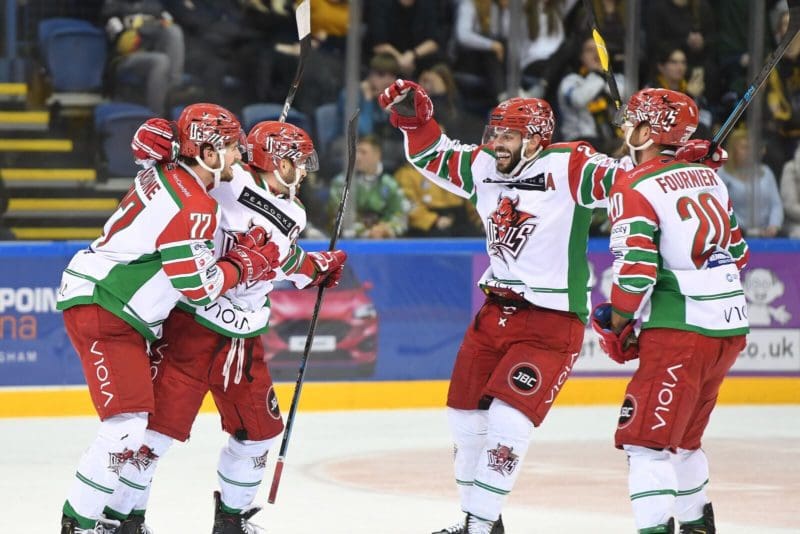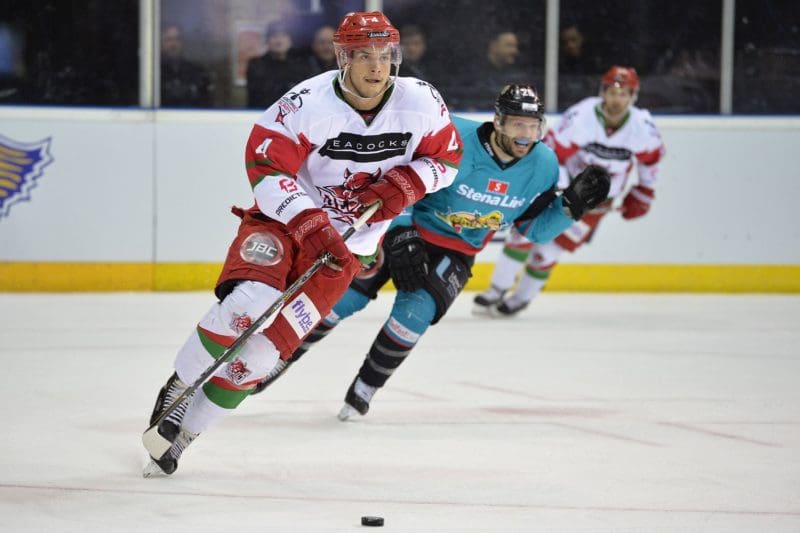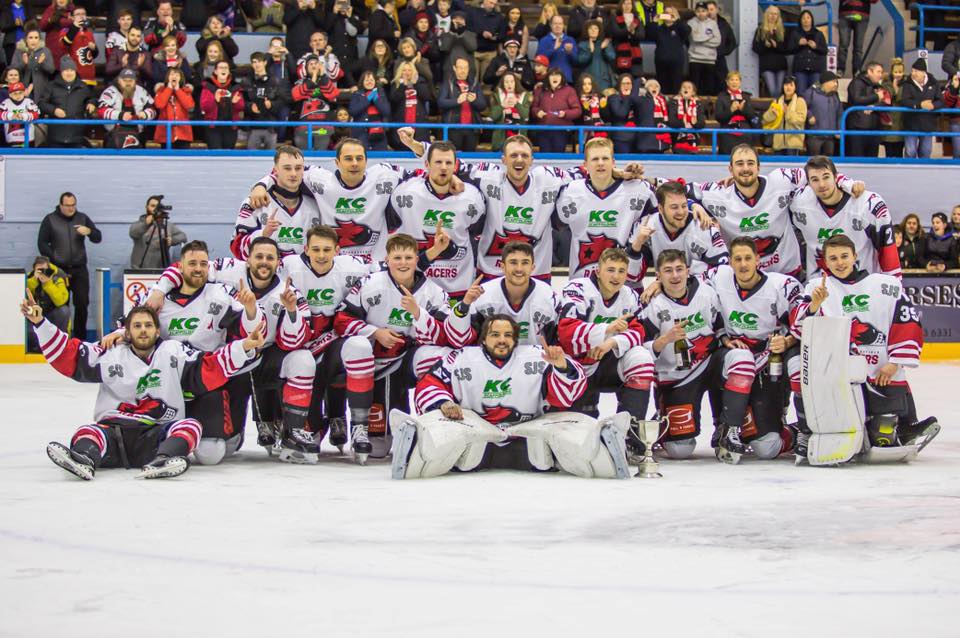EPL clubs will be allowed to ice a maximum of five non UK-trained players in games from the 2016-17 season.
The ruling was voted on by club owners, to increase the previous limit from four, following a year widely acknowledged as a high point for the EPL.
It is hoped the move will allow member sides to increase public awareness of the league, helping them to focus further on investment in youth development.
Teams will need to ensure that a minimum of three UK-trained players are on the ice at all times during games.
Ken Taggart, Chairman of the English Ice Hockey Association, said: “This is a move, by the team owners, to ensure the EPL retains its place as a high quality, yet viable top tier of English Ice Hockey.
“We’ve seen an huge change in standards over the last five years, so to continue this trend club owners have voted to increase the limit to five non UK-trained players, who must still hold an EU passport, or a UK passport.
“I am determined that youth development will remain a key part of this league’s remit. That’s why I have stipulated that teams must still have a minimum of three UK-trained players on the ice at all times.”
Clubs decided on the increase after the departure of a number of high-profile British players during the early part of the off-season.
The move is likely to close the gap to the Elite League, giving UK-trained players an opportunity to play regularly at a high level.
Mr Taggart added: “This league has supplied UK-trained players to other leagues for many years and will of course continue to do so. It is my hope that this change will help to enrich the flow of talent.
“Increasing the standard of the EPL will give young players the chance to play regularly at a much higher level and eventually, that will filter through to the national team.
“We are all united in our desire to see a successful Great Britain side, which is what this change is building towards. It won’t happen overnight, of course, but this is a vital part of that process.”
Guildford Flames released a statement saying they full supported the move: “Though not often viewed in this way, sports teams are businesses,” it read.
“Where these businesses differ from traditional enterprise is that your ‘competition’ also happens to be a required part of your own existence and ongoing success.
“In the case of teams in this league, there is a business need to minimise off-ice competition for player attraction, while at the same time a necessity to maximise British player development and opportunities for each team to be highly competitive on the ice.
“We believe this decision offers better balance to those objectives.
“While it creates a welcome reduction in player recruitment competition between teams, it also generates a slightly more robust competitive situation on the ice, both internally and from team to team.
“This a crucial motivating ingredient in constructing an environment that can help drive committed and talented players to their potential.”
(Image permission: John Uwins)











